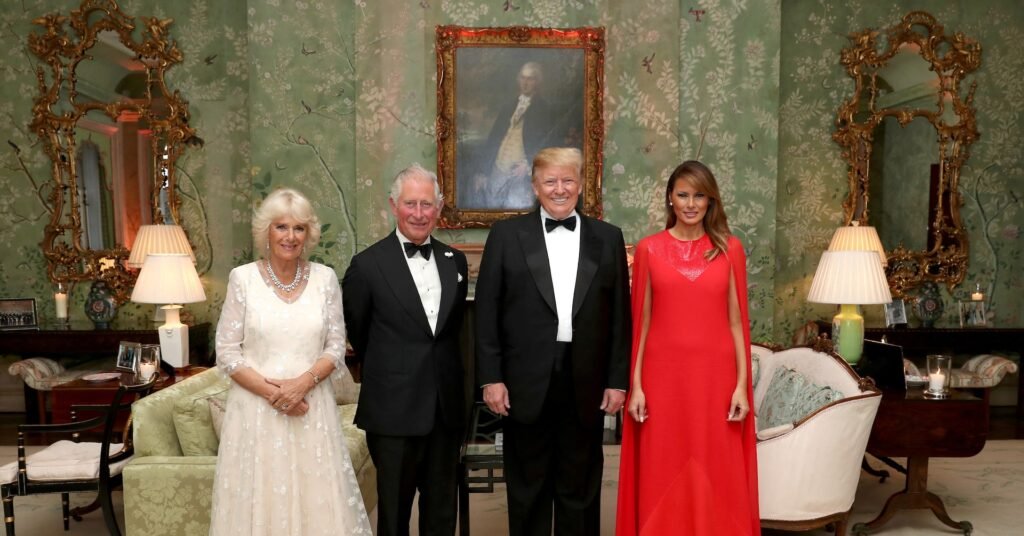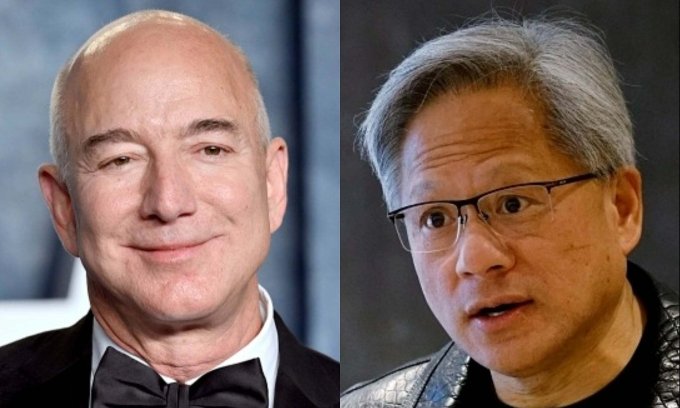Supreme Court Justice Sonia Sotomayor addressed the legality of President Donald Trump seeking a third term in office during an interview on The View this week.
The 22nd Amendment of the U.S. Constitution bars any individual from being elected president more than twice, a restriction that applies to Trump even though his two terms are nonconsecutive.
Why It Matters
Despite the 22nd Amendment prohibiting a president from running for a third term, Trump has offered mixed signals about whether he would consider an attempt at a 2028 presidential campaign. In August, Trump said he would “probably not” run again in an interview with CNBC’s Squawk Box.
If Trump were to attempt a campaign, its legality would likely be decided on by the Supreme Court, so remarks from the justices on the matter carry critical weight.
What to Know
Alyssa Farah Griffin, a former Trump aide turned critic, asked Sotomayor about what she believes about whether the 22nd Amendment would bar Trump from running again. The amendment was passed in 1947 after President Franklin D. Roosevelt broke with precedent to be reelected for third and fourth terms in 1940 and 1944.
The Constitution is “settled law,” but nobody has ever challenged the 22nd Amendment, she said.
“No one has tried to challenge that. Until somebody tries, you don’t know, so it’s not settled because we don’t have a court case about that issue. But it is in the Constitution, and one should understand that there’s nothing that is greater law in the United States than the Constitution,” Sotomayor said.
Brian Kalt, a law professor at Michigan State University, told Newsweek Sotomayor was “not saying anything about how clear or not clear the amendment is,” just that there is no case law.

Supreme Court Justice Sonia Sotomayor appears in Madrid, Spain on March 4, 2024.
Pablo Cuadra/Getty Images
“But my opinion on this is that the 22nd amendment does contain a dangerous ambiguity that a two-term president might try to exploit. It does rule out a president being elected to a third term, but it is not as clear as it should be on whether a two-term president can become president by some other means (through the vice presidency, for instance). The 12th amendment speaks to the qualifications for the vice presidency, but it is subject to the same argument about what the 22nd amendment is doing here,” he said.
The Supreme Court is unlikely to allow Trump to be elected to a third term, but whether they would allow him to exploit this loophole is less clear, Kalt said.
Jeremy Paul, former dean of Northeastern University School of Law, told Newsweek Supreme Court justices generally have to be careful about what they say about potential cases in public remarks. If Sotomayor were to say she believes it is settled, she could open herself up to calls to recuse herself from a case if it comes before the court, he said.
“She was very careful. She phrased it very carefully. She said the Constitution is the highest law, and in the Constitution, this is what it says, so I really do not think that you can infer from her comments that she thinks this is an open question,” he said. “She just didn’t want to prejudge on national television.”
He said he “cannot imagine a scenario” when the Supreme Court would allow somebody to run for a third term. The 12th Amendment says an individual cannot run for vice president unless they are qualified to serve as president, so it’s not clear he could use the loophole touted by some of his supporters to return to the White House.
Trump’s comments may be more about attempting to not appear as a lame duck than a real plan to run for a third term, Paul said.
What People Are Saying
Supreme Court Justice Amy Coney Barrett, a conservative justice, when asked about the Amendment during an interview with Fox News this week: “Well, you know, that’s what the amendment says, right? You know, after FDR had four terms, that’s what that amendment says.”
Kalt also told Newsweek: “We have seen time and time again that many people are willing to interpret the Constitution in whatever way will deliver them the political result that they want.”
What Happens Next
Trump has not said definitively he plans to run again, and any attempt to do so would face quick legal challenges.








